Pakistan’s Kalash community set to gain legal recognition for marriages
Kalash Marriage Bill would grant Pakistan’s ancient community long-denied marriage protections
Kamran Ali
Correspondent Nukta
Kamran Ali, a seasoned journalist from Khyber Pakhtunkhwa, Pakistan, has a decade of experience covering terrorism, human rights, politics, economy, climate change, culture, and sports. With an MS in Media Studies, he has worked across print, radio, TV, and digital media, producing investigative reports and co-hosting shows that highlight critical issues.
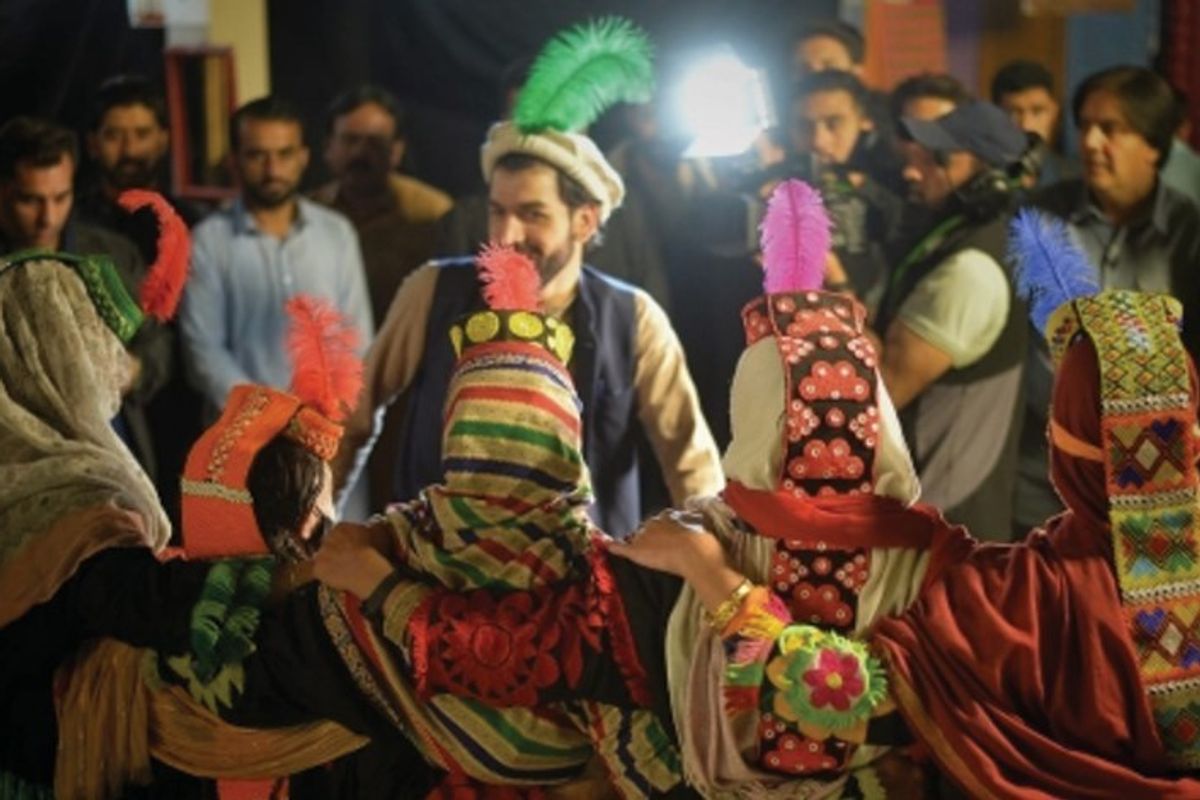
The population adhering to the Kalasha faith stands at 4,109, making it one of the smallest religious minority groups in Pakistan.
Courtesy: Kalash Valleys Development Authority
After centuries without formal recognition, Pakistan’s ancient Kalash community is on the verge of a historic milestone, as the Khyber Pakhtunkhwa government moves to grant legal status to their marriages through the groundbreaking Kalash Marriage Bill.
Speaking to Nukta, Khyber Pakhtunkhwa Law Minister Aftab Alam confirmed that granting legal recognition to Kalash marriages had been a long-standing demand of the community. “The legislation committee has approved the draft bill, paving the way for its presentation before the provincial cabinet and assembly for enactment into law,” he said.
Wazir Zada, a representative of the Kalash and the provincial chief minister’s focal person on religious minorities, told Nukta the bill is expected to be passed within a month, fulfilling the community’s long-delayed demand.
Kalash struggle amid legal vacuum
Zada said the absence of legal recognition for marriages had long created difficulties for Kalash couples, as no official record existed. “When married couples traveled outside Chitral, the police would harass them, questioning how a man and woman could be moving around together,” he said.
He added that Kalash women could not obtain a national identity card under their husband’s name and instead had to undergo verification at the union council level before submitting a stamped declaration. “When couples traveled outside Chitral for medical treatment or leisure, they were even denied hotel rooms, as hotel staff assumed they were unmarried and feared potential complications,” he said.
Luke Rahmat, a social activist from the Kalash community, said the absence of legal documentation for marriages also complicated the registration of children. “In cases of divorce, when disputes over dowry or expenses are brought before the courts, there is no legal framework to proceed, as the marriages themselves are not officially registered,” Rahmat said.
What is in the proposed bill?
According to a draft copy of the bill obtained by Nukta, the proposed legislation — comprising 26 sections — seeks to safeguard the matrimonial rights of the Kalash community by establishing a legal framework for the solemnization and registration of marriages, the recognition of their distinct customs, and the protection of women, children, and families. It sets out conditions for marriage, defines traditional ceremonies, and ensures official documentation through local registrars selected from within the Kalash community.
The draft further addresses sensitive matters, including divorce, dowry, inheritance, and child custody, while also validating marriages conducted prior to the enactment of the law.
Qamar Naseem, program manager at Blue Veins and a co-drafter of the bill, said the Kalash have long solemnized marriages according to their traditions without any legal recognition. “This is not only a legal reform but also an acknowledgment of their fundamental rights,” he said.
Naseem added that the legislation would, for the first time, establish a formal registration system and extend vital legal protections to the Kalash people, while preserving their cultural and religious identity.
Adherents of the Kalasha faith
According to the first official door-to-door survey conducted by the Kalash Valleys Development Authority, the population adhering to the Kalasha faith stands at 4,109, making it one of the smallest religious minority groups in Pakistan. Of this total, 2,195 are men (53.4%) and 1,914 are women (46.6%).
The Kalash community, residing in the remote valleys of Biriu (Birir), Rukmo (Rumbur), and Mumorete (Bumburate) in Lower Chitral, is regarded as one of the world’s oldest surviving indigenous cultures. Their origins remain the subject of enduring myths, with some accounts linking them to Indo-Aryan groups and others to the legions of Alexander the Great.
Recognized by UNESCO in 2018 as part of the Intangible Cultural Heritage of Humanity, the Kalash people continue to preserve a rich tapestry of rituals, traditions, and folklore that draws the interest of historians, anthropologists, and visitors from around the world.


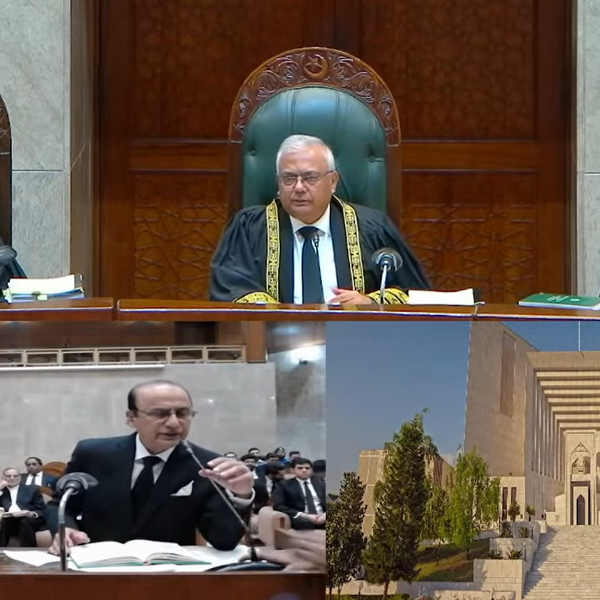

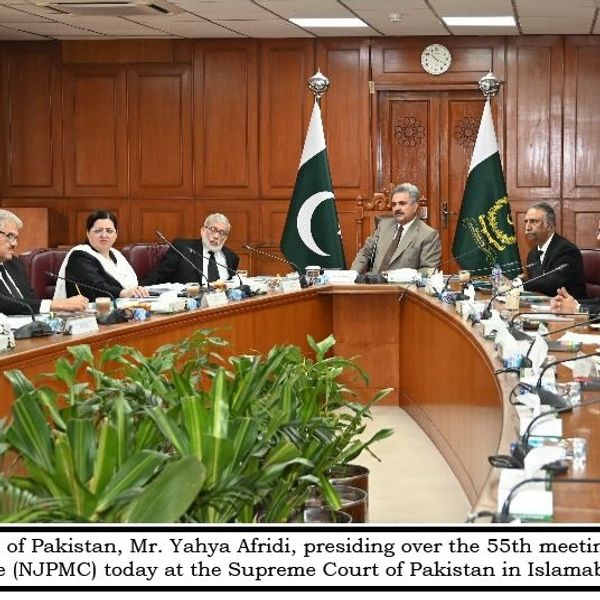
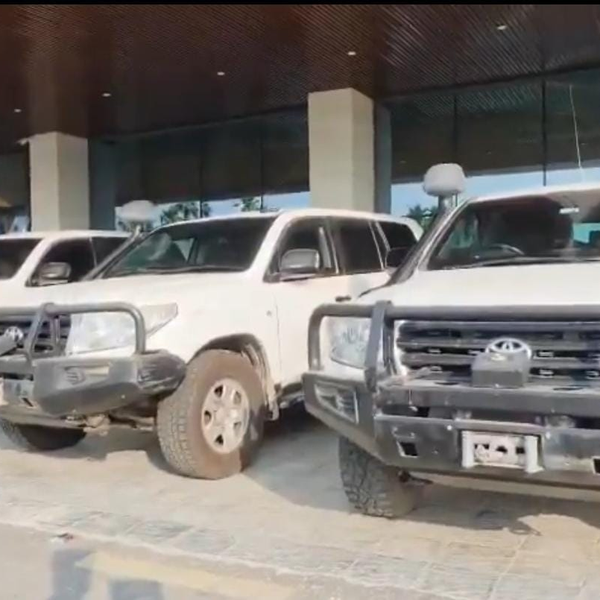
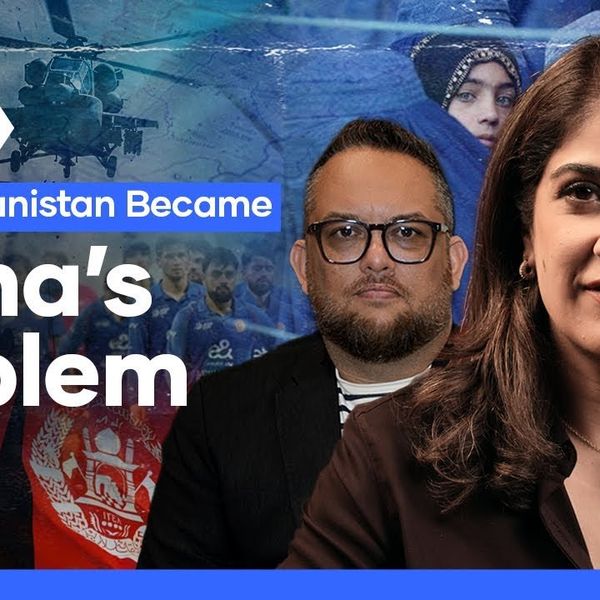

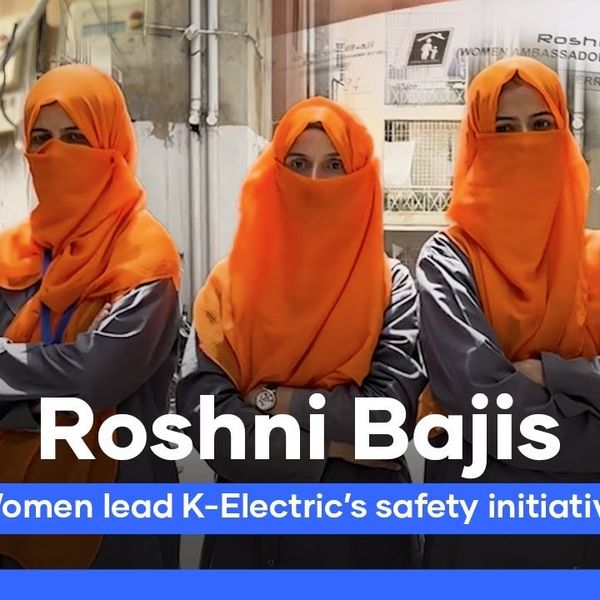

Comments
See what people are discussing